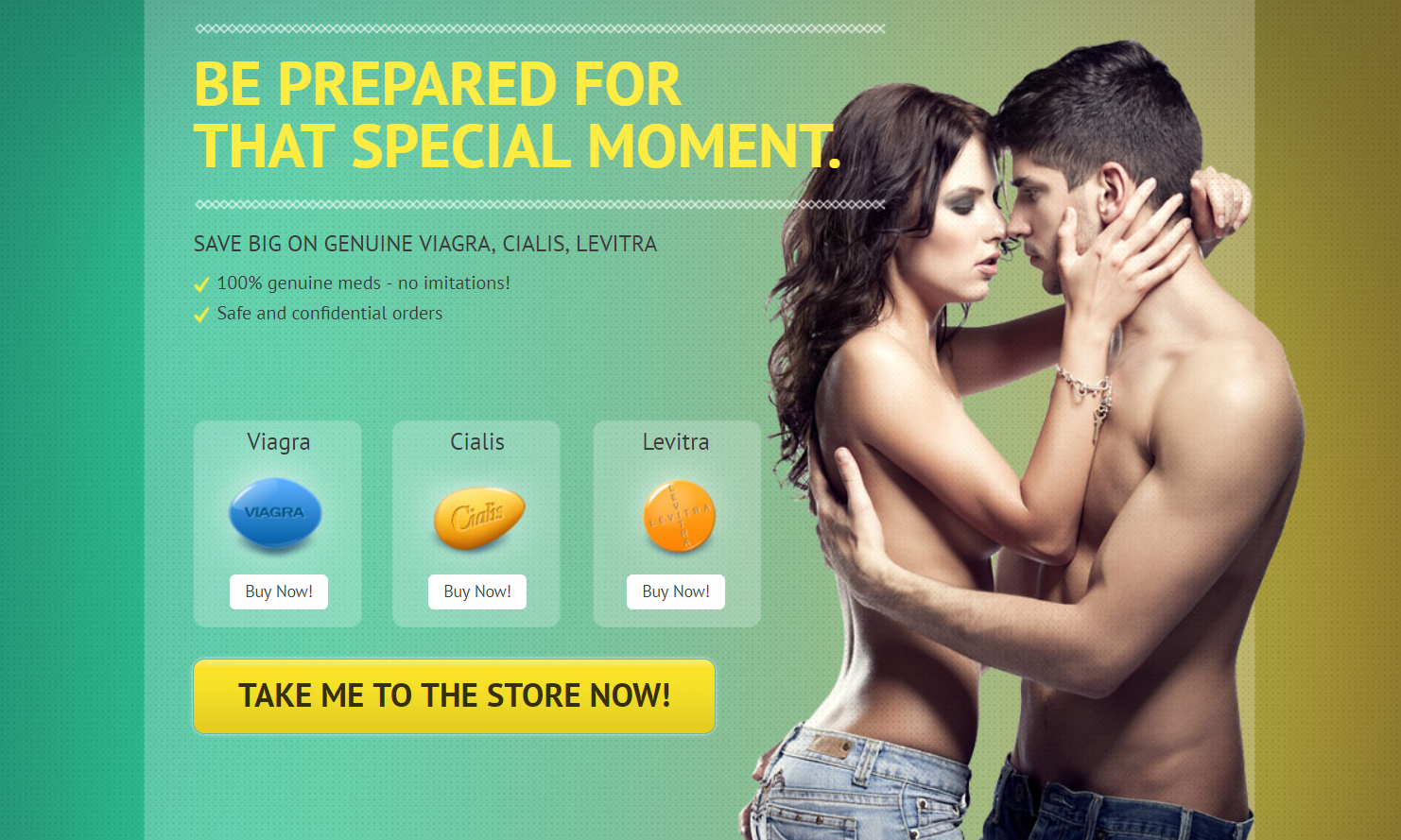The incoming supply will be given to hospitals, pharmacies and retailers, canadian pharmaceuticals online. Pharmacies fear they will be the ‘last man standing’ if nurses strike. This option also allows you to track purchases and remaining funds in realtime, while a credit card will not display this information. We did experience failed payments on several occasions, likely due to PayPass terminal issues, but funds were never deducted if a transaction didn't complete. For now, you'll be able to use the service to pay exclusively at PayPass terminals, but there's nothing preventing Google from opening it up to other banks and card providers -- and the company has confirmed that it's in talks with a few. Eventually, you'll not only be able to pay using Wallet, but you may also see a detailed list of purchases, including GPS location, merchant information, and transaction data. Hong Kong's Octopus Card and Tokyo's Suica have been in use for more than a decade, and are now accepted throughout both cities, letting you pay for groceries or even some restaurant tabs using the same card that you use to access the subway system.
Sure, adding support to the entire New York City subway system, for example, will cost many millions of dollars, and with a limited budget, the organization is much more likely to replace aging trains than to invest in a new payment system. But with Google Wallet support at faregates in major cities like New York and San Francisco, cities could gradually reduce the need for card issuance, replacing lost cards, and maintaining aging infrastructures, along with associated costs. If this initial rollout is successful, however, we're likely to see significant growth over the next few years, beginning with additional PayPass terminal availability -- with the roll out funded by both Google and MasterCard -- along with support for many more credit cards and additional mobile devices, perhaps (and hopefully) also including handsets from AT&T, Verizon, and other carriers. There are also key chains, wristbands, mobile phone covers, and even a phone-embedded Mobile Suica chip, which lets you reload a card using a Java mobile phone app. With much of the required infrastructure already in place, albeit in limited doses, there are an enormous variety of possibilities for Google Wallet, and contactless systems in general.
In the United States, contactless payments are limited to the credit card-sponsored systems we mentioned before, along with proprietary systems at corporate cafeterias and public transit systems, including SmarTrip in Washington D.C. As we mentioned before, the concept of contactless payments is nothing new for public transit systems -- even some close to home. A concept similar to Groupon and other coupon deal sites, Offers has its very own "My Offers" icon on the Wallet home screen, letting you access saved offers (freebies include 10-20 percent discounts at local restaurants), and shop for new deals with the Google Shopper link. Once a deal is selected or purchased, it will appear within Wallet. Unlike competitor deal sites, however, Offers has the added benefit of hardware and payment method integration, making it attractive to both merchants and consumers. Then, when you go to checkout, the prepaid amount will be pushed to the point of sale system along with your payment information, so a waiter or clerk won't need to enter your offer code. Google Wallet works in much the same way, using a built-in Near Field Communication (NFC) chip to communicate wirelessly with a payment terminal. When your phone's display is off, so is the NFC chip -- so once your card is added and active, simply power on the phone (you don't need to go beyond the lock screen, assuming you've recently used Wallet) and hold it over the PayPass sensor.
The card we ordered -- Citi's Platinum Select MasterCard -- arrived without built-in PayPass compatibility, but worked just fine with the app. Since this is a paid product, both Google and MasterCard will be providing telephone customer support, which means a significant commitment from both companies. This feature is already enabled for American Eagle's Rewards program, but will eventually roll out to far more merchants and organizations (imagine going to the gym with nothing but your mobile phone, and a towel). You can save by purchasing items like kitchen supplies and sundries in bulk, in addition to furniture, appliances, health and beauty supplies, mobile gadgets and many other types of products. More than half of Democrats -- 52 percent -- believed that other countries had better health care systems, a belief shared by only 19 percent of Republicans (the remainder of participants claimed not to know). Knox, Richard. "Most Patients Happy with German Health Care." NPR.
